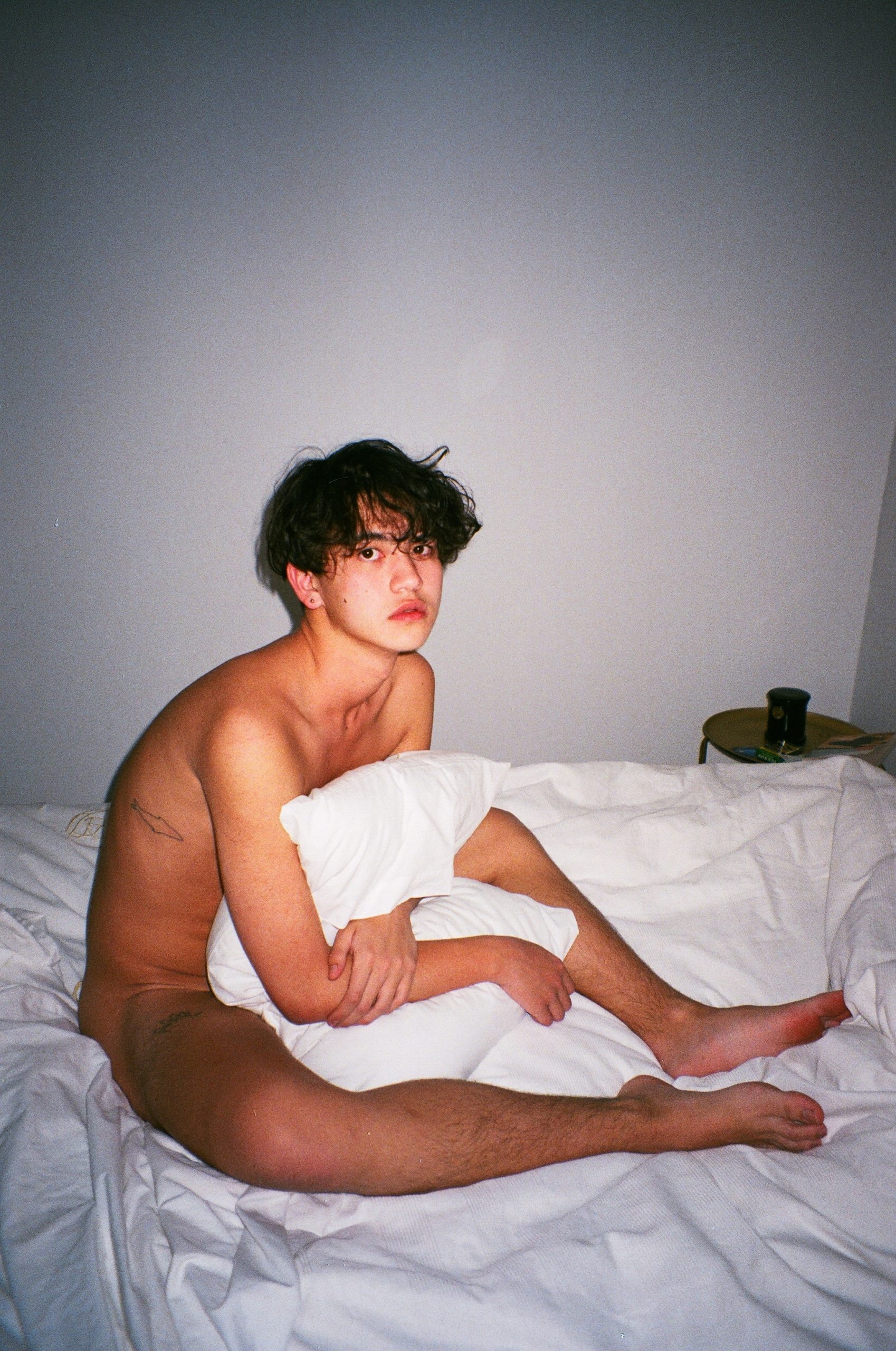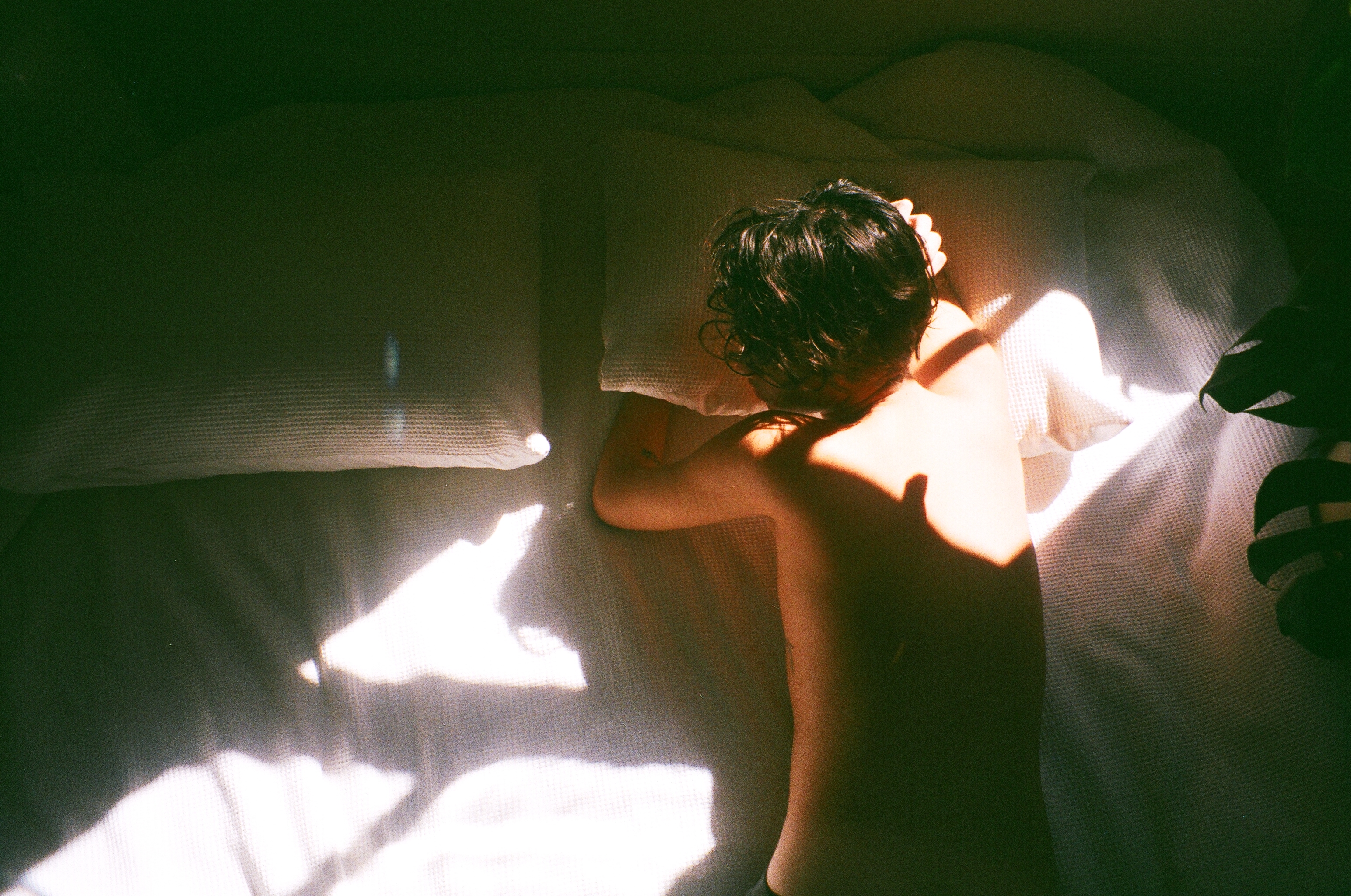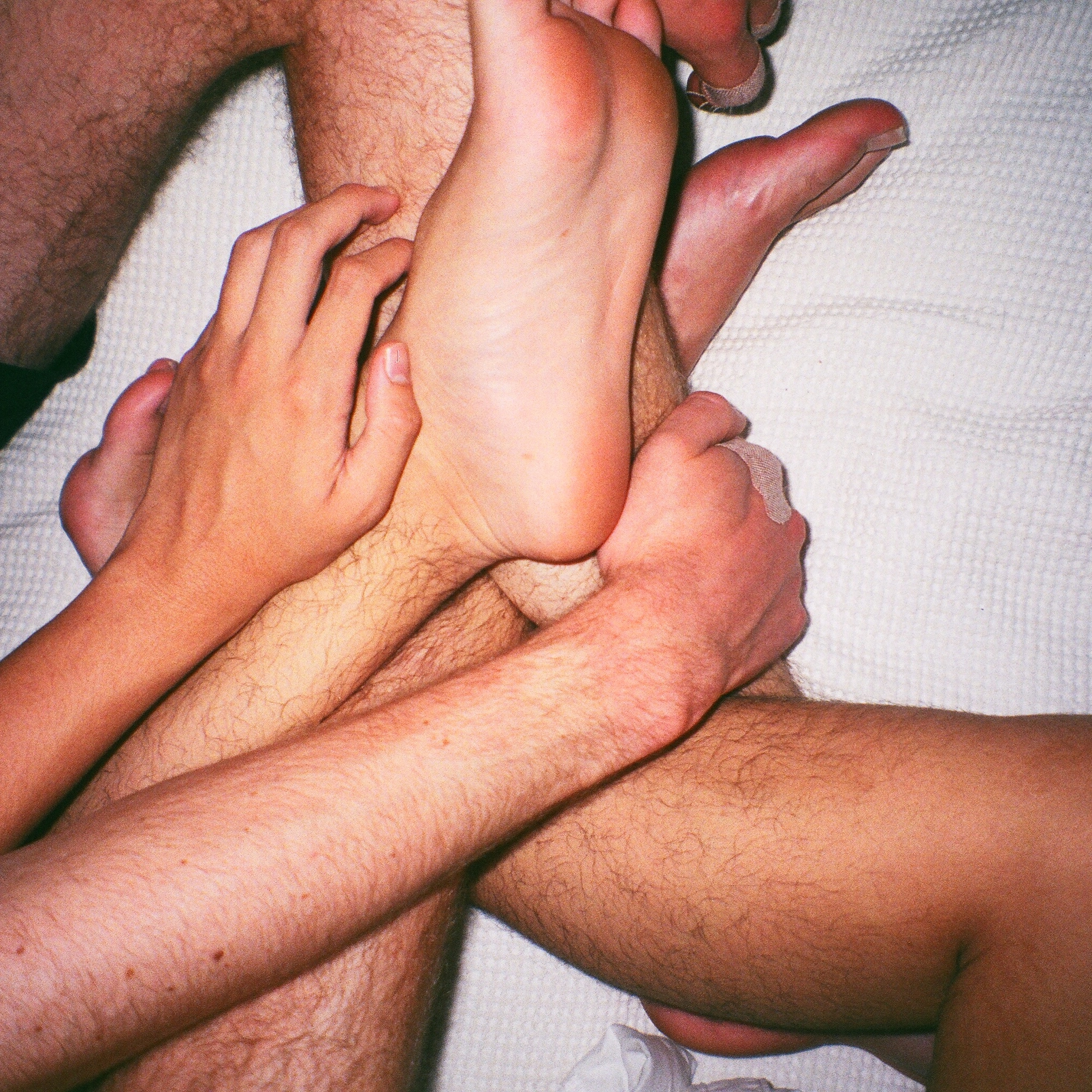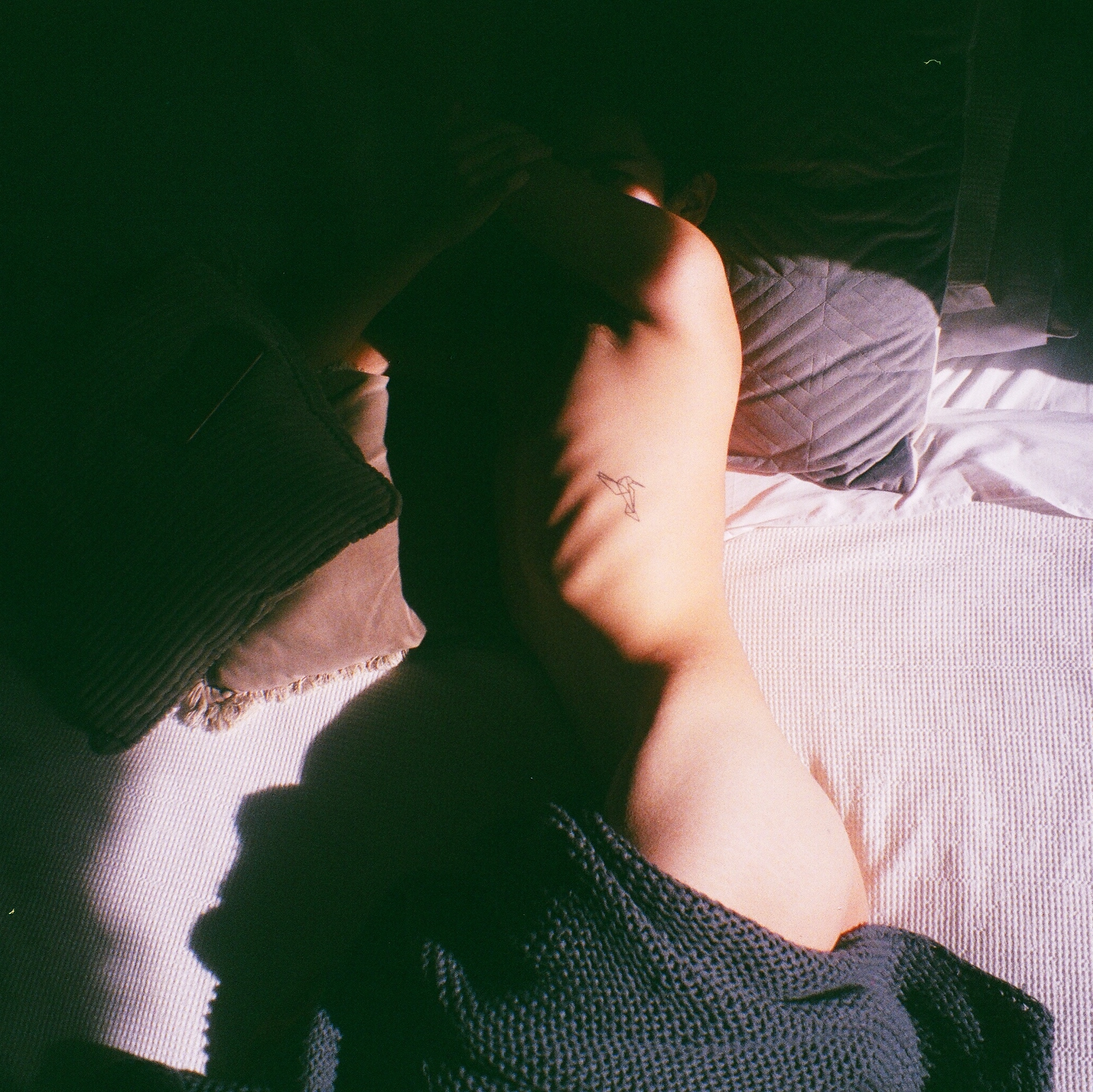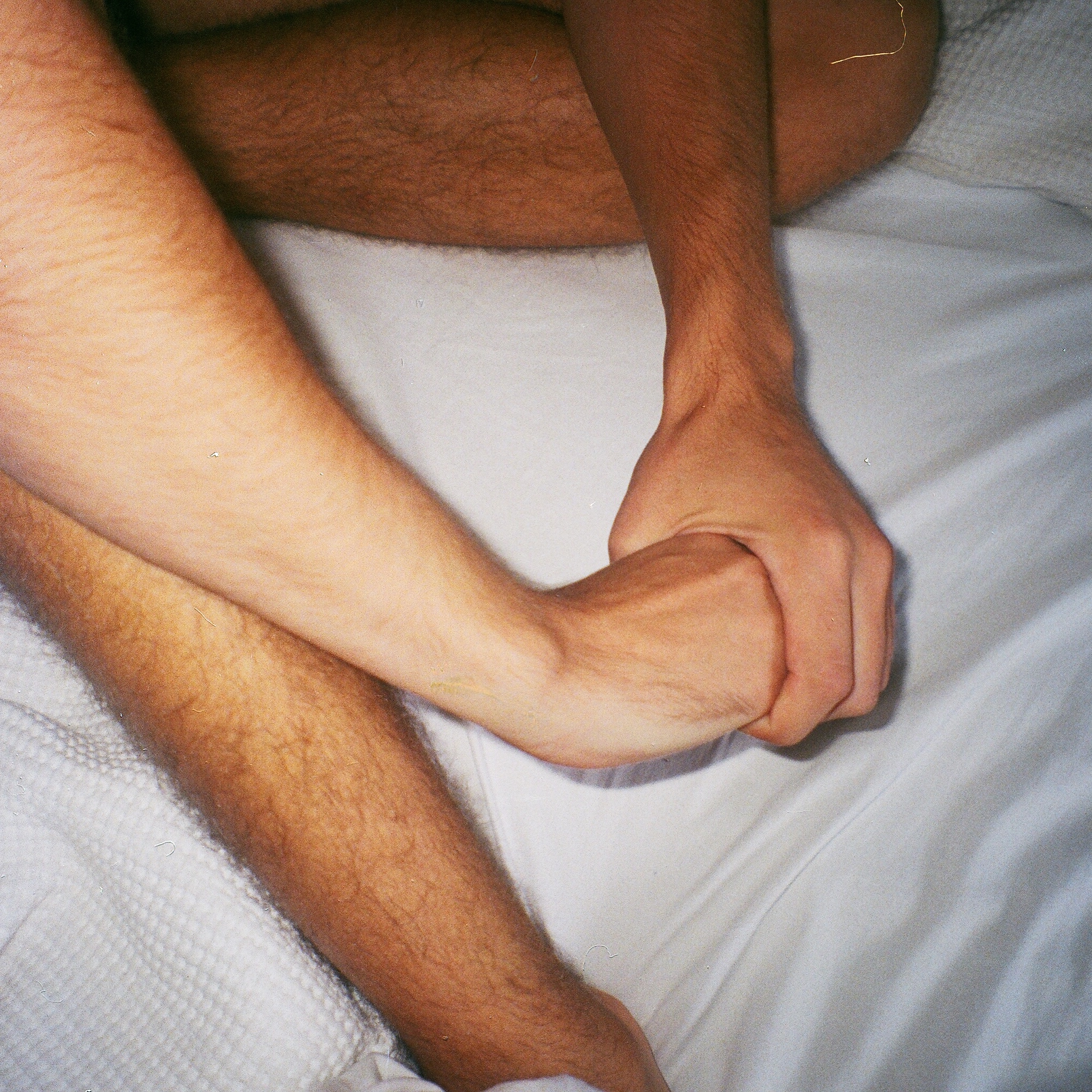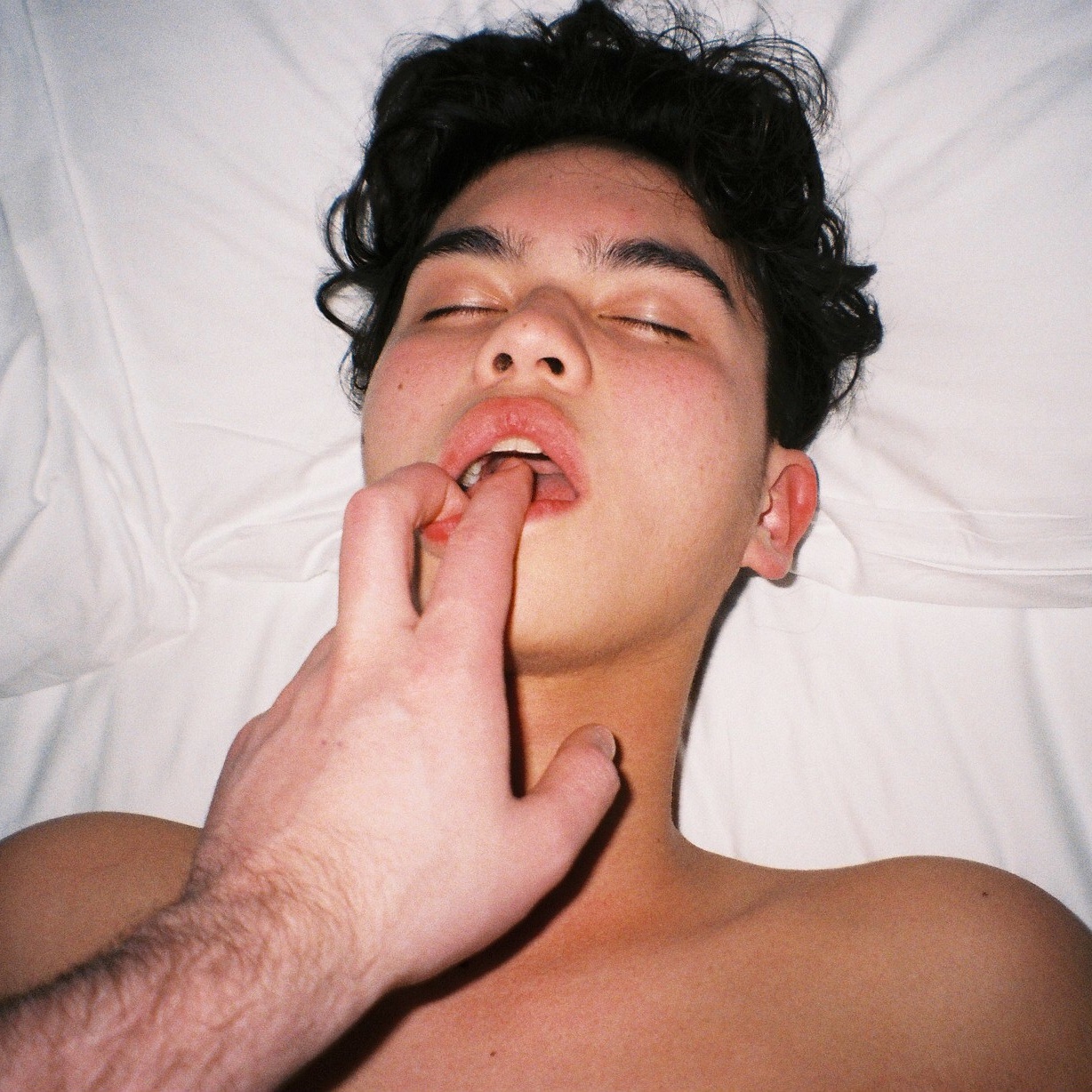After years of remaining silent and never truly sharing herself, Caster Semenya was ready to tell her story, and boy did she leave it all on the page. Few memoirs can be called more than autobiographical, however, Caster has managed to tell her story with humour, raw honesty, and an admirable sense of confidence that starts from the first sentence, “I am Mogkadi Caster Semenya. I am one of the greatest track and field athletes to ever run the 800-m distance.” I know of no other athlete who has shared their story so authentically, and honestly before.
Caster’s memoir encompasses her childhood in rural Limpopo, the first moments she knew she would be special at the age of 8, an athletic career that made her one of the most famous athletes of her generation, meeting her beloved wife, and the painful moments she suffered at the hands of the IAAF. “The Race to Be Myself” is conversational, and no rock is left unturned in this emotionally moving and enlightening book.

From an outside perspective, as someone who has only watched Caster run and talk in a few interviews over the years, it’s hard to think of her as someone who is larger than life. However, her personality comes off the page as she synthesizes her past and present, in colourful and often humorous language, ” Seme looked like one of those cartoon characters where the eyes would roll with dollar signs or his face turned into one of those casino slot machines…” (The Race To Be Myself, pg 108)
Writing her story right from the beginning, and including her days climbing trees, hunting with her male cousins, and growing up amongst her sisters puts into perspective where Caster’s confidence stems from. What may sometimes come across as arrogance in her interviews, is actually the product of growing up in an environment where Caster was never othered or treated any differently, her parents brought a girl into this world, and Caster’s unwavering belief in who she is never faltered even as the world told her otherwise, because the people that mattered most to her allowed her to boldly be just Caster.
The book is laugh-out-loud funny at times, especially as Caster describes how she has zero tolerance for bullies and how she often settled those disputes with her fists as a child. This is a belief that she has carried into adulthood, as she faces the IAAF and continues to fight for the human rights of other female athletes who have been the subject of gender testing. But as much as Caster’s light-hearted tone introduces humour to the story, it also breaks one’s heart as she recounts the times when her body and human rights were grossly violated. One of the most profound things about the book is that Caster never stops to pity herself, all that comes through every page is her determination, “I want to run. I want to win. That’s it.”

In just 306 pages, Caster manages to cover a lifetime in vivid detail. No name is left off the page, and no detail is considered too small, she remembers and writes about small moments of kindness as much as the moments of cruelty that she faced at the hands of her fellow athletes. Even as Caster rightfully names and shames some people, the moments that truly mark her as the resilient and powerful person that we know and love, are the quiet moments often away from the track. For example, how she came to create her signature cobra sign that we are so familiar with or the meet-cute with her wife Violet, all are the actual hallmarks of the book. Moments that we have only witnessed through the media, like her two-time Olympic wins, are given arresting detail in the book, so one not only sees Caster as one of the greatest living athletes of all time but also one of the most resilient and iconic women that have ever lived.
This is a book you inhale, simply because it is that gripping. Written in simple but clear language, Caster pours out her life and also takes the time to reflect on some of the moments that she lived through. There are many take-aways from the book, mostly, Caster’s absolute determination and discipline, and some the sheer cruelty and eugenics that still govern the athletics world. This is perhaps one of the most important memoirs to come out of South Africa, since President Nelson Mandela’s “Long Walk to Freedom”.


